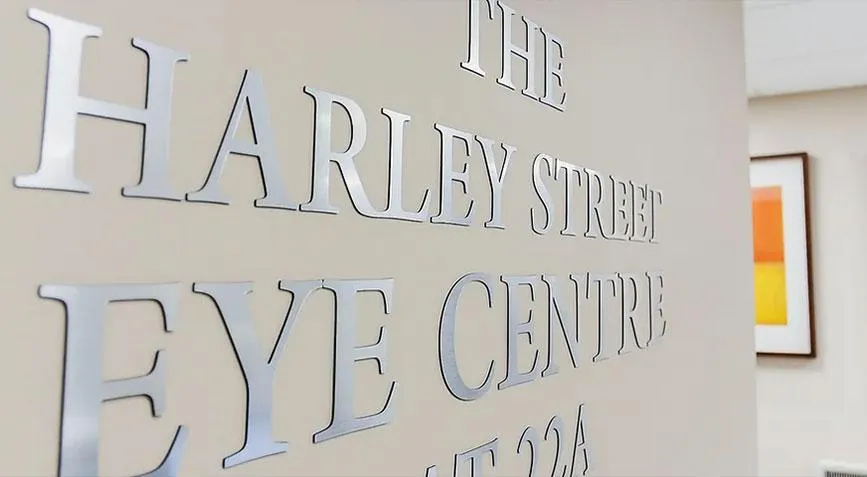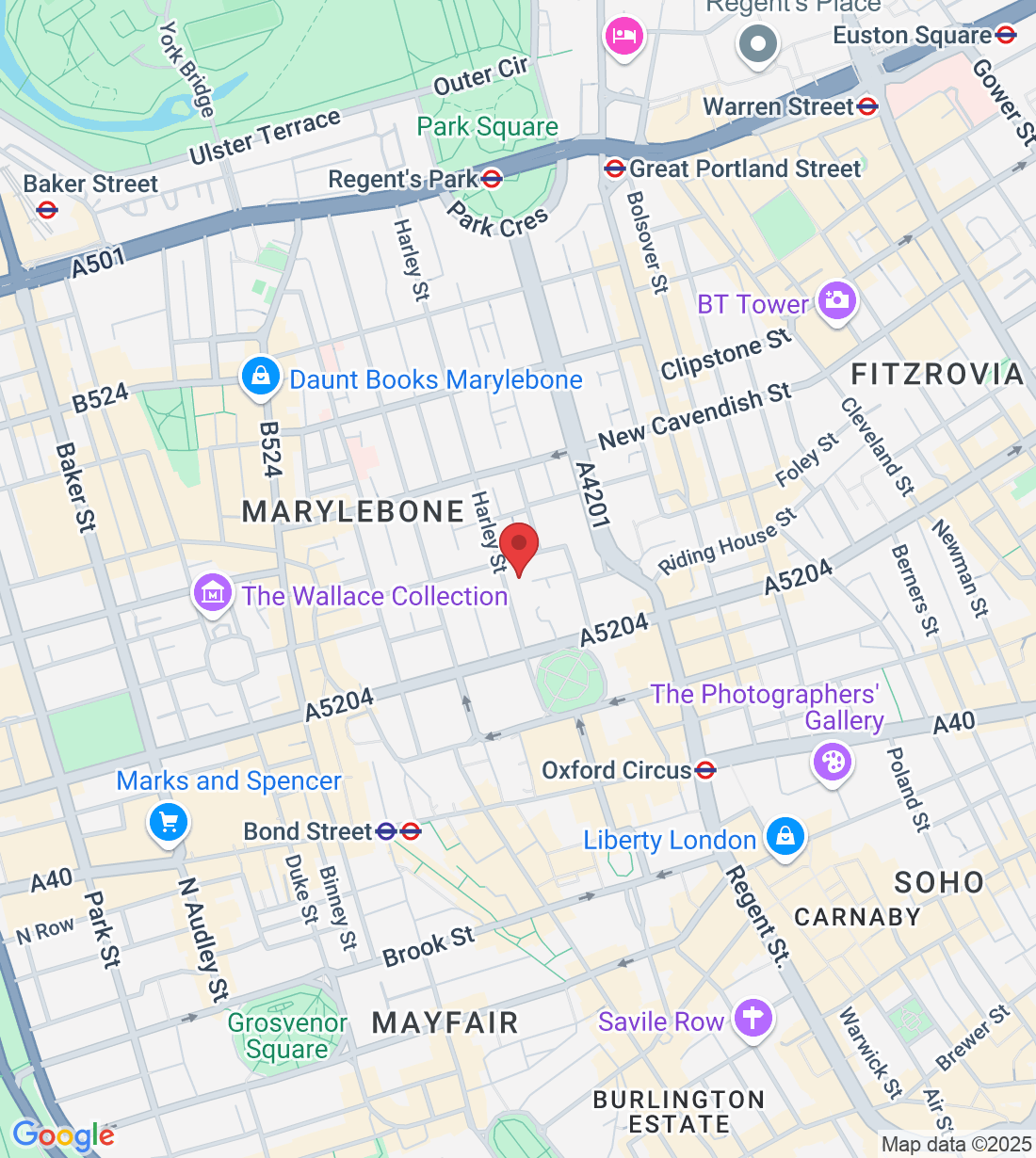
The Perils of Keratoconus: Early Detection as the Key to a Brighter Future
The Perils of Keratoconus: Early Detection as the Key to a Brighter Future
As advocates for those affected by keratoconus disease, we understand the unique challenges and uncertainties that individuals and their families face when dealing with this eye disorder. Keratoconus, often described as an eye disorder, can be a daunting diagnosis, but it's vital to recognize that early detection is the single most positive prognostic factor in managing this condition effectively.
Early Signs of Keratoconus: What to Watch For
Keratoconus disease is a progressive condition that affects the shape and structure of the cornea, the transparent front part of the eye. In its early stages, it may go unnoticed, making early detection all the more critical. Here are some key early signs to be aware of:
Frequent Changes in Prescription: If your child requires frequent changes in their eyeglass or contact lens prescription, it could be a sign of keratoconus. As the cornea bulges and thins, vision can become increasingly unstable.
Blurry or Distorted Vision: Children may not always articulate their vision problems clearly, but if they frequently complain of blurry or distorted vision, it's essential to pay attention. Ask them to describe what they see, as this can provide valuable insights into their visual experiences.
Increased Light Sensitivity: Sensitivity to light, known as photophobia, can be an early indicator of keratoconus. If your child squints or avoids bright lights, it may be time to consult an eye care professional.
Eye Rubbing: Excessive eye rubbing can contribute to the progression of keratoconus. If you notice your child frequently rubbing their eyes, it's essential to intervene and seek professional guidance.
Live with Keratoconus through the eyes of a specialist, reflecting on the journey to clear vision. If you're seeking insights into managing this condition, our blog is your window to understanding.
Parents as Advocates: What to Ask Your Children
As parents, you play a crucial role in advocating for your child's eye health. While children may not always communicate their visual struggles clearly, asking the right questions can lead to early detection and timely keratoconus disease treatment. Here are some questions to consider:
How is Your Vision?: Start by asking your child about their vision. Do they experience any difficulties seeing things clearly? Encourage them to describe their visual experiences.
Do You Rub Your Eyes Often?: Excessive eye rubbing is a potential risk factor for keratoconus. Inquire about their habits and educate them on the importance of avoiding this behavior.
Have You Noticed Any Changes in Your Vision?: Sometimes, children may not share their concerns unless prompted. Encourage them to communicate any changes they've noticed, even if they seem minor.
Do Bright Lights Bother Your Eyes?: Photophobia, or sensitivity to light, can be a symptom of keratoconus. Ask your child how they feel in bright lighting conditions.
How Comfortable Are Your Contact Lenses or Glasses?: If your child wears corrective lenses, inquire about their comfort level. Frequent discomfort or dissatisfaction with their eyewear may be a sign of keratoconus progression.
Early Detection: The Cornerstone of Effective Keratoconus Treatment
It cannot be emphasized enough that early detection is the cornerstone of effective keratoconus disease treatment. Identifying the condition in its early stages opens up a range of treatment options, providing the best chance for preserving clear vision and minimizing the impact of keratoconus.
Embark on 'A Journey from Keratoconus Diagnosis to Clear Vision' in a patient's inspiring tale. If you're looking for hope and guidance, this blog post is a must-read.
One of the most promising keratoconus treatment options is corneal collagen cross-linking (CXL). This procedure helps strengthen the cornea and halt the progression of keratoconus disease. However, it is most effective when performed in the early stages of the condition, underscoring the importance of early detection.
The Role of Advocacy Groups in Raising Awareness
Advocacy groups and organizations dedicated to keratoconus awareness play a vital role in educating both parents and healthcare professionals about the perils of keratoconus and the significance of early detection. By spreading knowledge and facilitating access to resources, advocacy groups empower parents to become proactive advocates for their children's eye health.
The Emotional Impact of Keratoconus
Beyond the physical challenges, it's important to acknowledge the emotional impact that keratoconus can have on children and adolescents. Struggling with vision problems can lead to feelings of frustration, isolation, and even a decline in self-esteem. Early detection and intervention can help alleviate these emotional burdens by providing a path to clearer vision and improved confidence.
Advancements in Keratoconus Treatment: A Beacon of Hope
The landscape of keratoconus treatment has evolved significantly over the past two decades. Thanks to ongoing research and medical advancements, the condition is no longer as debilitating as it was 20 years ago. Innovative treatments, such as corneal collagen cross-linking (CXL), custom contact lenses, and implantable devices, have revolutionized the management of keratoconus.
Moreover, specialized ophthalmologists with a keen interest in keratoconus bring a wealth of expertise to the table. Seeking the guidance of an ophthalmologist who specializes in keratoconus ensures that your child receives the most up-to-date and effective treatments available.
Explore the groundbreaking Xenia Collagen Lenticule Implant with the Ghabra Technique, revolutionizing Keratoconus treatment. If you're seeking innovative solutions, our blog post has the latest insights.
A Call to Action: Protecting Your Child's Vision
As advocates for those living with keratoconus disease, we urge parents to be vigilant when it comes to their children's eye health. Early signs of keratoconus may be subtle, but they should not be ignored. Timely intervention and keratoconus therapy can make a world of difference in preserving your child's vision and ensuring a brighter future.
If you suspect that your child may be experiencing visual difficulties or if you have concerns about their eye health, do not hesitate to seek professional guidance. Consult with an eye care specialist who can assess their condition and recommend appropriate keratoconus treatment options.
Lastly, the perils of keratoconus are significant, but early detection can change the course of this eye disorder. Parents are essential advocates in this journey, and by asking the right questions and being attentive to early signs, you can help protect your child's vision and ensure they receive the timely keratoconus disease treatment they need. Early intervention is the key to a brighter future for children living with keratoconus, and it starts with your vigilance and advocacy. With advancements in treatment and the expertise of specialized ophthalmologists, there is hope for a brighter tomorrow.
Ask And His Team
Fill in the form to request a Call From Our Team
One of our team will call you for FREE and answer any questions or concerns you may have about your eye health
© Copyright 2023. The Harley Street Eye Centre. All rights reserved.






